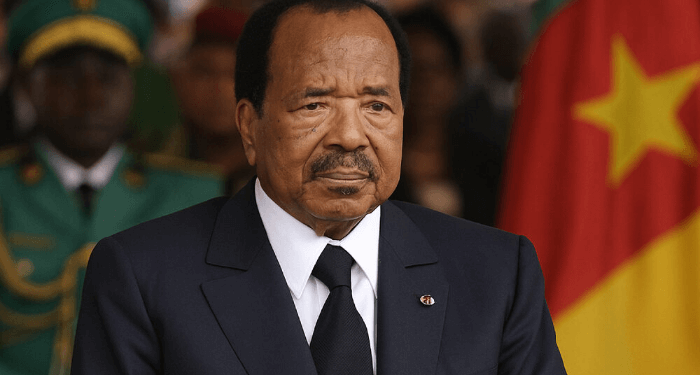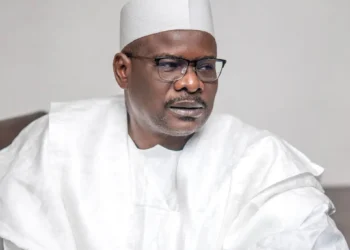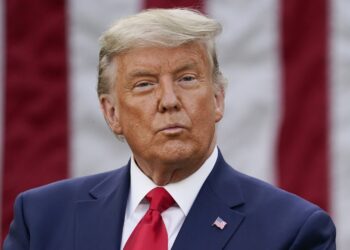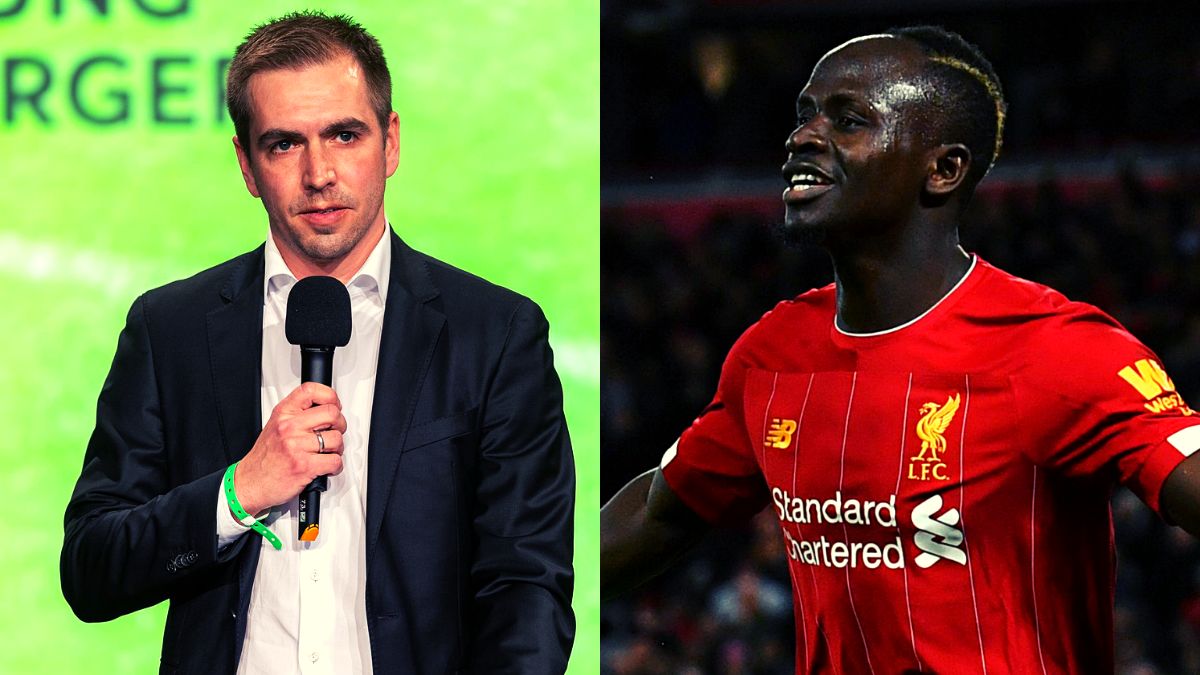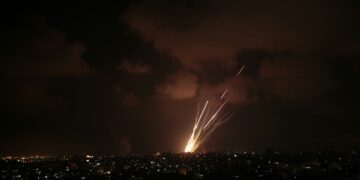The results are in, and Paul Biya, 92, has once again secured another term as President of Cameroon. The Constitutional Council announced on Monday that Biya won his eighth term with 53.7 percent of the votes, extending his already four-decade rule over a country that now stands on shaky ground. But while the council made its announcement inside the air-conditioned Yaoundé Conference Centre, the streets outside and across the country told a different story, one of anger, exhaustion, and fire.
A Nation That Won’t Rest
Cameroon’s streets have not been quiet since the October 12 election. Opposition supporters, especially those of Issa Tchiroma Bakary, Biya’s main challenger, claim the results were manipulated. Tchiroma, a former government minister, had earlier declared himself the winner even before the official results were released. That declaration sparked nationwide tension, and by Sunday night, it had turned deadly.
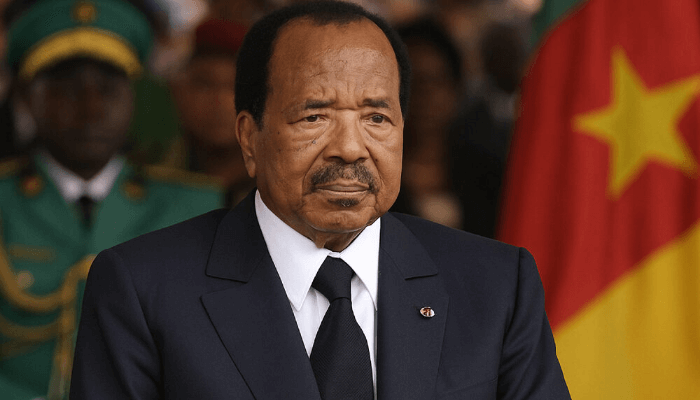
In Douala, the country’s largest city, what started as peaceful demonstrations quickly escalated into chaos. Security forces clashed with protesters who claimed their votes had been stolen. The regional governor, Samuel Dieudonne Ivaha Diboua, confirmed that four people were killed in the violence, while several officers were left injured. Protesters accused the security forces of firing live ammunition after using tear gas to disperse crowds. “They fired, and three people fell right in front of us,” one eyewitness told reporters, his voice trembling with disbelief.
The Weight of 43 Years
Paul Biya has been in power since 1982, forty-three years of leadership that has outlived countless African presidencies, economic systems, and even generations of citizens. For a man who has ruled through coups, crises, and separatist wars, this re-election feels less like a victory and more like a stubborn refusal to let go.
Many Cameroonians have known no other leader but Biya. He has survived waves of civil unrest, accusations of corruption, and mounting separatist conflicts in the English-speaking regions. Each election comes with familiar promises of reform, yet the results are often the same, Biya stays, and the people’s hope fades.
Anger, Fear, and Silence
This year’s election, like many before it, was marked by low voter confidence. Opposition parties complained about restricted campaigns and intimidation by the ruling elite. Yet, despite decades of dissatisfaction, many still believe real change in Cameroon can only come when Biya’s era finally ends.
But ending an era isn’t easy when the system is built to protect it. In Cameroon, power has become a tradition. State institutions, from the judiciary to the military, appear loyal not to the constitution, but to the man at the top. Even as the nation mourns those killed in the protests, there is little sign that the government will tolerate further dissent.
A Country in Pain
Cameroon’s wounds run deep, from the long-running Anglophone crisis to economic hardship and political fatigue. The re-election of Paul Biya, 92, is a symbol of a country that feels trapped between fear and fatigue. For the older generation, Biya represents stability. For the younger generation, he represents everything holding the nation back.
In Douala, Yaoundé, and Buea, people whisper the same question: how long can this go on? The protests, though violently suppressed, are proof that Cameroonians are tired. Many fear speaking out, but the discontent is loud enough to echo through every street corner and social media post.
The World’s Oldest Ruler and a Nation’s Young Anger
At 92, Paul Biya is not just one of the world’s oldest serving leaders, he is the oldest. His victory might be celebrated by loyalists, but for millions of Cameroonians, it is another painful reminder that democracy in their country doesn’t exist.
In a time when many African nations are demanding generational change, Cameroon seems stuck in reverse. The young see no future, the poor grow poorer, and the rich remain untouchable. The protests are a cry against years of repression, poverty, and silence.

